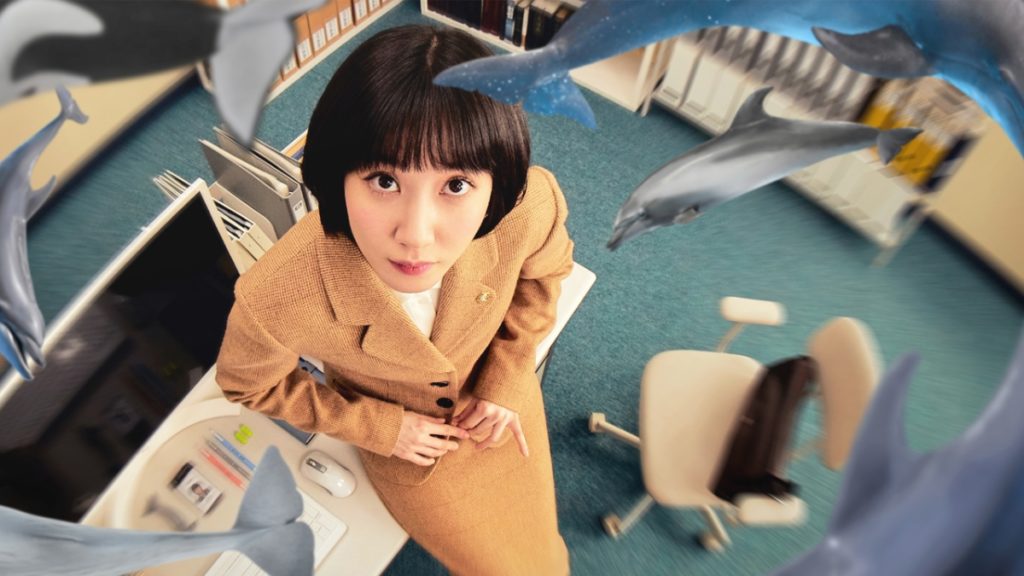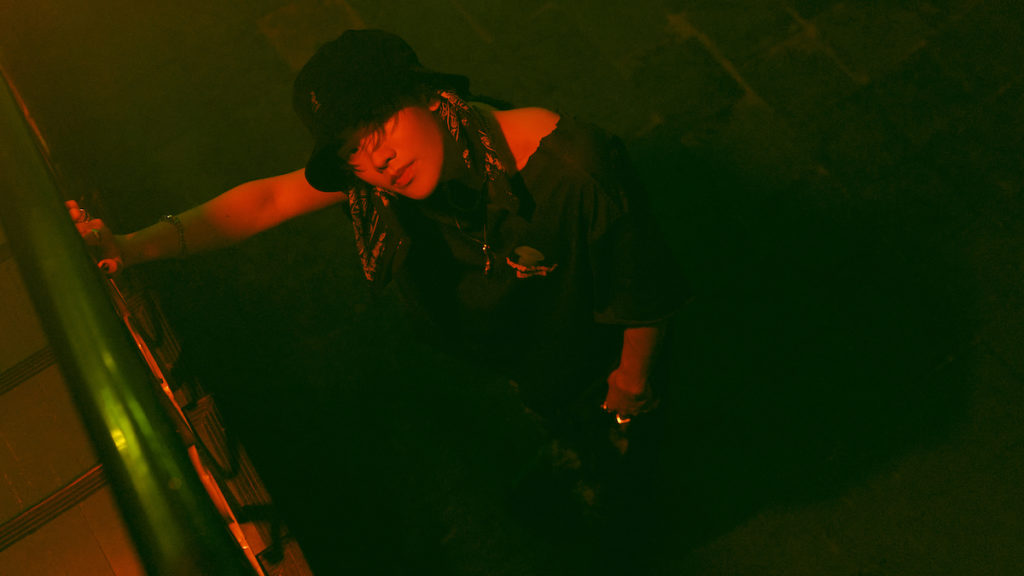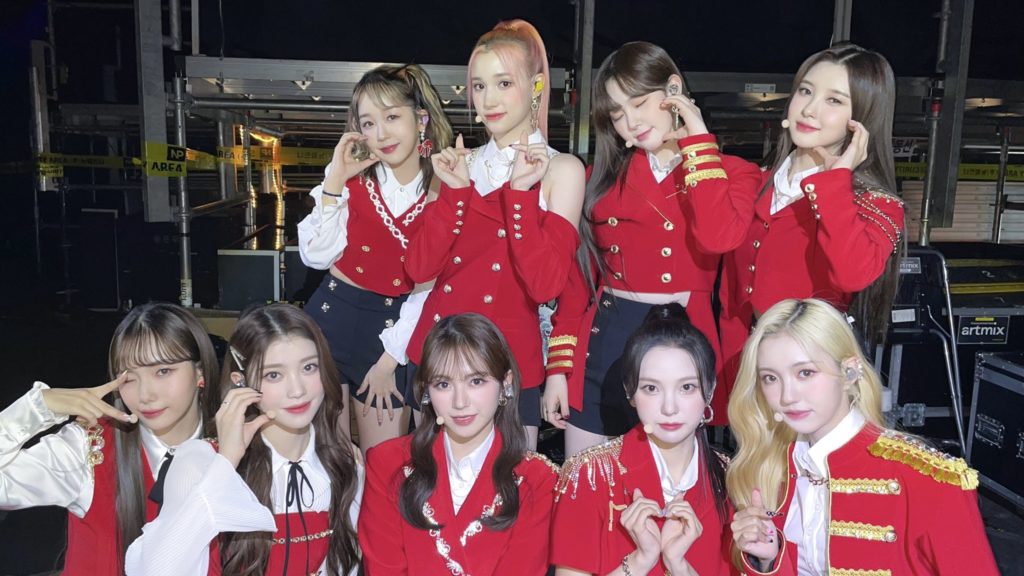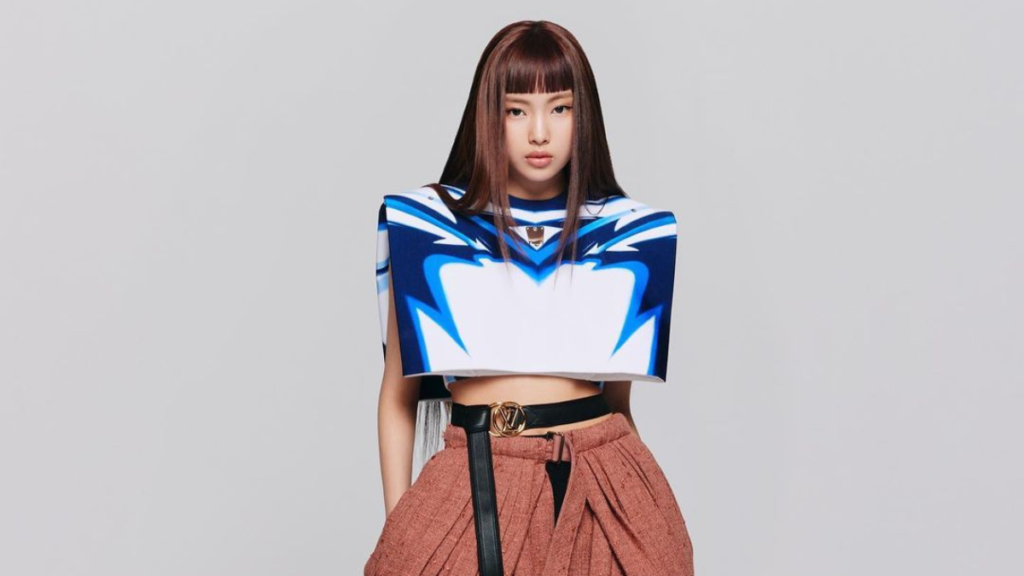Extraordinary Attorney Woo: A New Dive Into “Familiar” Autism Seas

WARNING: This review contains spoilers for Extraordinary Attorney Woo. It also discusses ableism towards autistic people, which can be upsetting to read.
Autism representation isn’t new to the K-drama scene; Extraordinary Attorney Woo is the most recent addition to the conversation. However, the Netflix and ENA series made a huge impression. The series centers on the eponymous character Woo Young-woo as (in-universe) South Korea’s first autistic attorney. Over the course of 16 episodes, she handles cases in the fictional Hanbada Lawfirm. Since its release, the series has become the center of attention. The finale alone recorded the highest viewership rating for ENA, averaging at 17.5%. Internationally, it became one of Netflix’s most popular series, ranking Top 10 in 22 countries from July 4 to 17. With its unique premise and solid delivery, we delve into what makes the series tick—and what could be better.
What’s In It?
Extraordinary Attorney Woo is screenwriter Moon Ji-won’s second work to involve an autistic character. Her work on the mystery flick Innocent Witness (2019) opened her eyes to those on the spectrum. For Extraordinary Attorney Woo, she aimed to give autism the spotlight—a positive one, to be precise. In the past, autistic characters were mainly framed from an allistic’s—someone who’s not on the spectrum—point of view. “I wanted people to like and support Woo Young-woo because she is lovely, brave and cool. Not because they pity her,” Moon said. By portraying autism empathically, Moon hoped that viewers would love the series and root for its autistic main character.
This dedication is also mirrored by the cast, especially Park Eunbin, who plays the titular protagonist. Previously starring in Hello, My Twenties! (2016-2017) and Do You Like Brahms? (2020), Park was initially unsure about playing Young-woo. “Without hurting anyone’s feelings, will I be able to embrace everything and act naturally in this role,” she explained. Park eventually accepted the role. It wasn’t always easy to bring Young-woo’s mannerisms and enthusiastic whale stories into life, however, she found every shooting moment to be worth the effort. Like Moon, she also consulted autism experts and a book typically used to diagnose those with the condition. Aside from Park, Extraordinary Attorney Woo features Kang Tae-oh (Lee Jun-ho), Kang Kiyoung (Jung Myung-seok), and Ha YoonKyoung (Choi Su-yeon).
Whale Out of Water
Extraordinary Attorney Woo shows something new in its autism depiction. First and foremost, the series centers on an autistic woman of color. When most faces of autism in the international media have been white, cisgender, and heterosexual males, the series makes waves with its representation. Further, as an autistic Korean woman, Young-woo faces challenges unique to people like her. In a culture where treating others respectfully—especially those with authority—is crucial, her behavior is consistently scrutinized. Her tendency to take things literally and not make eye contact, for example, are frowned upon—or simply judged in silence—by allistic people. Additionally, her position in Hanbada doesn’t fly well initially. In the series, some of her coworkers dislike her; one even consistently tried to sabotage her career. She thus offers a different experience compared to the “typical” autistic character in international media.
The K-drama also portrays Young-woo’s autistic traits authentically. A major example is Young-woo’s deep enthusiasm and knowledge of whales: her special interest. Special interests can greatly benefit autistic people, such as building their self-confidence and gaining inspiration for their work. The latter is especially apparent whenever Young-woo gains an epiphany about the cases she’s working on. Young-woo also has sensory sensitivities. This is common among autistic people, as they tend to perceive their surroundings differently from allistic people. They may have heightened reactions to stimuli from a certain sense, but not—or even barely—to other senses. As she is particularly sensitive to loud sounds, Young-woo wears headphones while traveling to protect herself. She also has all the labels cut from her clothes—an indication of her sensitivity to touch. On the other hand, when she experiences sensory overload, she finds comfort in deep body pressure like hugs.

When it comes to growth, Extraordinary Attorney Woo takes Young-woo and the viewers on a learning journey. Throughout the show, we see Young-woo win cases and lose them. She tackles the consequences of boxing people into strict dichotomies and the shades of truth. Young-woo also learns to recognize her biases. As the series progresses, Young-woo’s relationships with those around her develop. She learns to stand up for herself in front of Gwang-ho and address her romantic feelings for Jun-ho. Most importantly, Young-woo realizes that the unhealthy assumptions about autism she has internalized are untrue. In the beginning, Young-woo often laments her difference from the mostly allistic people around her. She would also hesitate to speak up when someone questions her capability. However, she later realizes that accepting herself is the key to her success. By finding pride in being autistic, Young-woo is able to secure her job in Hanbada.
Rough Seas
Despite its upsides, Extraordinary Attorney Woo also has several shortcomings. One of the major criticisms it has received is the fact that an allistic actress plays Young-woo. In the film industry, it is unfortunately common for agencies to hire non-disabled actors for disabled—including autistic—roles. For instance, a study found that from 2015 to 2016, only 5% of disabled characters in American shows are played by disabled people. Some may say that casting should only be based on one’s skills. However, disabled actors can provide insight on a more authentic, less harmful portrayal of their characters. Additionally, in his essay, autistic blogger James Ward-Sinclair argued that autistic people are “naturally gifted” at acting. “Being able to pretend and imitate others is something which many of the autistic community will have inherently grown up doing, in an attempt to ‘mask’ autism,” he wrote.
Another criticism of the K-drama comes from its portrayal of yet another autistic savant. The savant performs exceptionally better than their peers—not unlike Young-woo with her impressive academic record. In reality, those who are savant are rare, with only one out of 10 autistic people having the condition. These portrayals can instill unrealistic expectations towards those on the spectrum. When they don’t exhibit the same genius, they are ignored and denied support. On the other hand, Extraordinary Attorney Woo also features another autistic stereotype: the mostly non-speaking Jeong-han from episode 3. This stereotype has existed in other K-dramas like It’s Okay Not to be Okay (2020). Regardless of the portrayal, exclusively showing autistic characters with these traits defies the nature of autism as a spectrum condition. Autistic people come with various identities and experiences. Reducing them into two simplified stereotypes only hinders them from getting the support they need.
Further, Extraordinary Attorney Woo often plays around with its framing of Young-woo’s life. Sometimes, viewers experience Young-woo’s life from her perspective. In other episodes, they watch her as outsiders. With this shift, there are moments where ableism, whether intentional or not, is arguably not wholly addressed. One notable issue comes from the series’ title itself. In Korean, the show is called 이상한 변호사 우영우 (isanghan byeonhosa uyeongu), which directly translates to “Strange Attorney Woo Young-woo.” In an interview, Moon Ji-won said she used the word to highlight her power to change society. That said, these descriptions may instead impose the assumption that autistic people are only valuable when they are productive.
Extraordinary Attorney Woo also fails to address the systemic problem that enables ableism. Young-woo’s coworker, Kwon Min-woo, always gets reprimanded for his ableist behavior. However, the series has yet to discuss how to dismantle this on a larger scale. Overall, the series may have done quite well to introduce autism, but some of its aspects leave room for improvement.
A Deeper Look
Beyond its criticism, it’s important to look at the series from a broader lens. Compared to other Global North countries, autism awareness in South Korea—let alone acceptance—is still scarce. There wasn’t much nation- or region-wide research on autism until 2004. Additionally, studies tend to focus on those who are not autistic themselves. One notable study involved South Korean mothers whose children have autistic traits but go to regular schools without much problem. The 2013 study discovered that these mothers acknowledged the children’s differences, but found an autism diagnosis to be limiting—colloquially labeling them “border children.” To them, an autism diagnosis would only hinder their children’s success in the country’s competitive society.
Moreover, a larger study from 2021 found that South Korean adults show a higher level of cultural tightness than Americans. Cultural tightness refers to a society’s tolerance for those who don’t fit the standards of their culture. For the South Koreans in the study, this is related to the stigma they have for autistic people.
Stigma makes it hard for autistic adults to attain jobs. In an independent 2021 survey about autism with more than 7,400 autistic people, over 51% said they had difficulty in finding employment. Once they got a job, more than 46% struggled to maintain it. “Most autistic people don’t feel safe enough to disclose their diagnosis,” said Maisie Soetantyo, a San Francisco-based autistic advocate and founder of Autism Career Pathways, a non-profit organization that aims to help neurodivergent jobseekers. They fear that their coworkers and supervisors would view them as less capable if they knew. “What needs to change everywhere is a different mindset where we really assume competency first,” said Soetantyo. This is achievable by understanding that people can shine differently in interviews. After being hired, the autistic worker should receive accommodations for their needs.
With the popularity of Extraordinary Attorney Woo, there is hope for better understanding of autistic people. Soetantyo praised its relatability to many autistic viewers, despite an allistic actor playing Young-woo. Several South Korean autistic people also reflected this opinion, as interviewed by the YouTube channel Creal. In the videos, they (some alongside their relatives) discuss the series’ autism portrayal. They pointed out Young-woo’s similarities with them, but also noted how the series does not represent the entire autism spectrum. “Autism spectrum disorder is so diverse that it’s not just Woo Young-woo,” said one of the interviewees. “[The series gives] an opportunity to discuss this.”
To Wrap it Up…
Extraordinary Attorney Woo is a breath of fresh air. Notwithstanding its pitfalls—not unlike its predecessors—it offers a solid portrayal of autism. The K-drama has many wholesome moments, but it also doesn’t shy away from serious, important issues. Young-woo’s journey from an idealistic yet hesitant rookie to a self-assured young attorney is admirable. She’s curious and quick-witted, but she’s also compassionate. With talks of a second season in 2024, there’s a potential to dive deeper into Young-woo’s life.
The series is also a decent introduction to those who want to learn about autism. That said, it is important to look for and amplify voices from autistic people. This includes involving them in the production and execution of media—not just those that are about autism, but also other topics. By giving autistic people the spotlight, people will be able to discover their diverse, unfiltered experiences. As popularized by disability rights activist James Charlton: nothing about us without us.
International viewers can watch Extraordinary Attorney Woo on Netflix.
Love K-dramas and traveling? Check out our list of visit-worthy spots in South Korea, as seen on the silver screen, here!



